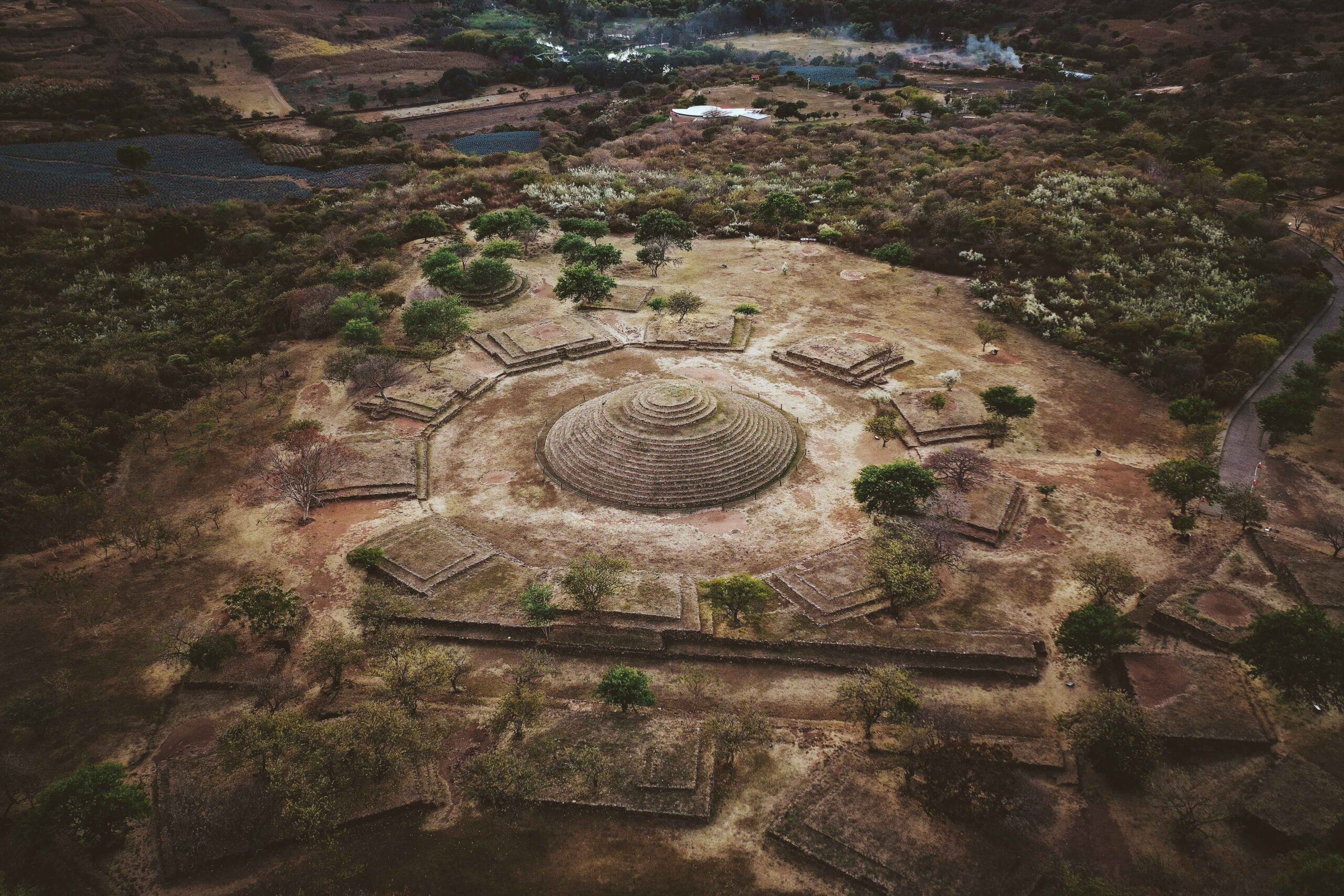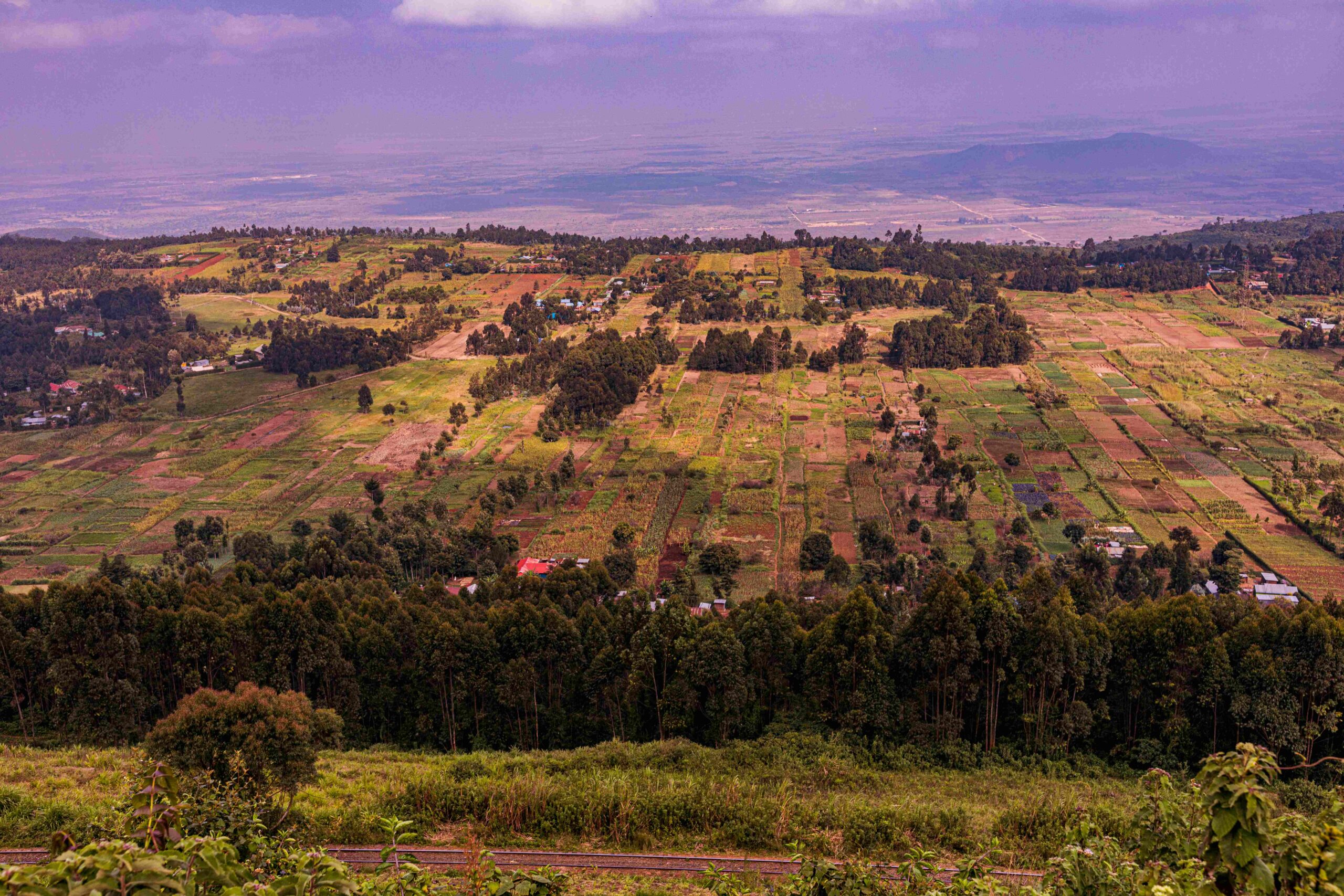In the heart of East Africa once stood a kingdom that would shape the history and identity of an entire region — the Empire of Kitara. Flourishing between the 10th and 15th centuries, Kitara spanned territories of present-day Uganda, Rwanda, Burundi, northern Tanzania, and eastern Congo.
Much more than a collection of chieftaincies, Kitara was a sophisticated political and spiritual center, guided by rulers from the royal Bachwezi dynasty — semi-mythical figures whose legacy still lives on in oral histories and sacred traditions. The empire’s influence over trade, agriculture, and regional governance continues to echo through generations.
What Made Kitara a Dominant Force?
Kitara’s power didn’t come from brute force alone — it was rooted in cultural authority, innovation, and strategic diplomacy. Here’s what set it apart:
- Centralized Leadership Through the Bachwezi Dynasty
Believed to possess divine qualities, the Bachwezi kings were both political rulers and spiritual figures. Their governance model introduced structured administration and judicial systems across the region. - Economic Control and Agricultural Sophistication
Kitara thrived on its ability to manage natural resources — particularly through cattle rearing, iron smelting, and banana cultivation. These formed the economic backbone of a prosperous and self-sustaining empire. - Spiritual and Mythological Influence
The spiritual belief systems surrounding the Bachwezi contributed to their legitimacy. Sites once associated with these rulers remain sacred to this day and attract cultural pilgrims from across Uganda. - Cultural Integration and Language
Rather than imposing rule by violence, Kitara often absorbed neighboring groups into its social and linguistic framework, promoting unity over division. - Strategic Geography and Trade
Located along critical inland trade routes, Kitara served as a hub connecting East African communities. The movement of goods, stories, and ideas through Kitara left a long-lasting cultural footprint.
These elements combined to create an empire that was both stable and adaptive — one that left a deep imprint on local institutions and identities.
Kitara’s Legacy Today
Though the original empire dissolved centuries ago, its legacy remains foundational to many kingdoms and communities in modern Uganda, including Bunyoro, Buganda, and Toro. Traditional leadership structures, language patterns, and spiritual beliefs still bear the imprint of Kitara’s governance and mythology. Modern cultural revival efforts aim to preserve and celebrate this ancient legacy, not just as history, but as a living cultural identity.
Museums, oral storytelling, and educational initiatives continue to reinforce the importance of Kitara’s contributions. Youth programs often include historical teachings to connect new generations with their heritage. This living memory ensures that Kitara remains not just a subject of the past, but a cornerstone of cultural pride and identity.
The Spiritual Foundations of Kitara’s Power
Beyond political structure and military organization, the Empire of Kitara was deeply rooted in spiritual belief and ritual. The Bachwezi dynasty, in particular, was seen not only as rulers but as divine mediators between the people and the ancestral world. Shrines, sacred sites, and rituals played a central role in governance, with rulers drawing legitimacy from their perceived connection to supernatural forces.
This spiritual depth created a sense of unity and reverence that bound diverse communities across the empire. Even today, many of these ancient practices survive in symbolic form, reminding us that leadership in Kitara was not just about territory — it was about cosmology, culture, and collective identity.
Preserving the Past, Inspiring the Future
The Empire of Kitara is more than a memory — it is a powerful reminder that African civilizations have always been rich, organized, and deeply philosophical. In a time when global narratives often overlook indigenous histories, revisiting Kitara challenges outdated perceptions and celebrates the continent’s intellectual and spiritual depth.
We invite you to explore the legacy of Kitara not as distant history, but as a meaningful chapter of the human story — one that continues to shape modern African identity.